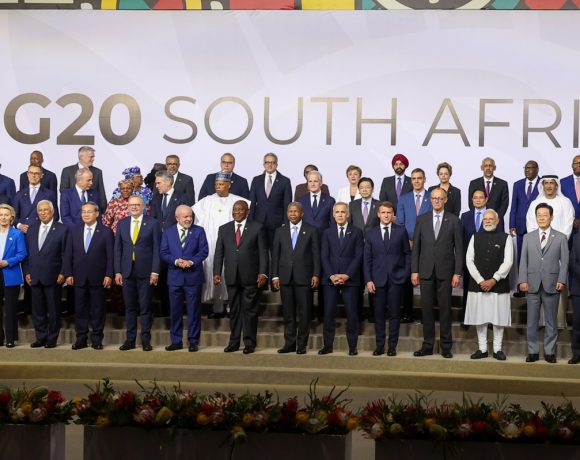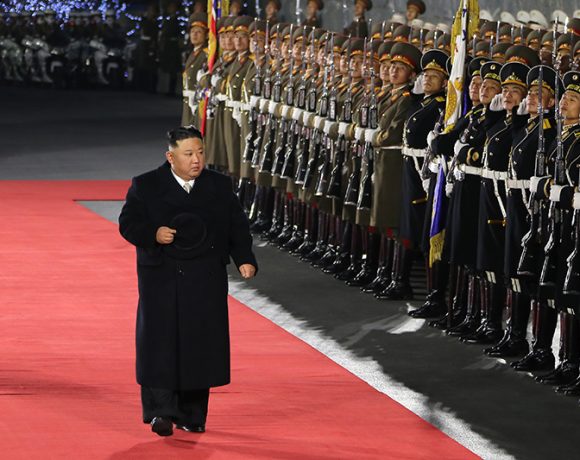
Pakistan Plans Legal Action Over India’s Indus Treaty Suspension
Pakistan has announced its intention to legally contest India’s recent suspension of the Indus Waters Treaty. The decades-old agreement, signed in 1960, governs the sharing of crucial river waters between the two nations. Islamabad has labeled India’s move as an act of provocation and warned that altering the treaty’s terms unilaterally could have severe regional implications.
India had suspended the treaty following the Pahalgam terror attack, which it holds Pakistan-based militants responsible for. Pakistan, while denying any involvement, has now escalated its response by preparing an international legal challenge.
Legal Options Being Explored
Pakistani officials are actively exploring multiple international legal avenues to challenge India’s action. These include approaching institutions like the International Court of Justice, the Permanent Court of Arbitration, and possibly urging the World Bank to intervene as a neutral guarantor of the treaty. Additionally, Islamabad is considering raising the issue before the United Nations Security Council, portraying India’s move as a violation of international norms and water-sharing obligations.
Heightened Diplomatic Strain
The decision to suspend the treaty has further deteriorated bilateral relations. In retaliation, Pakistan has closed its airspace to Indian aircraft, suspended trade routes, and revoked visa services for Indian citizens. The suspension of the treaty raises alarms not just over diplomatic fallout but also over practical consequences, as Pakistan’s agriculture and hydropower infrastructure are heavily reliant on the Indus river system.
With water already a contentious issue in the region, experts warn that any disruption to flow management could create long-term humanitarian challenges.
Pakistan Appeals to International Community
As part of its diplomatic offensive, Pakistan is reaching out to global powers including Gulf countries, China, the US, and the UK to intervene and pressure India into reversing its decision. Islamabad claims that the suspension risks destabilizing regional peace and could set a dangerous precedent for future treaty violations.
While India has not responded to the legal challenge yet, the move marks a significant escalation in the ongoing standoff and may draw increased attention from global stakeholders concerned with transboundary water governance.


















